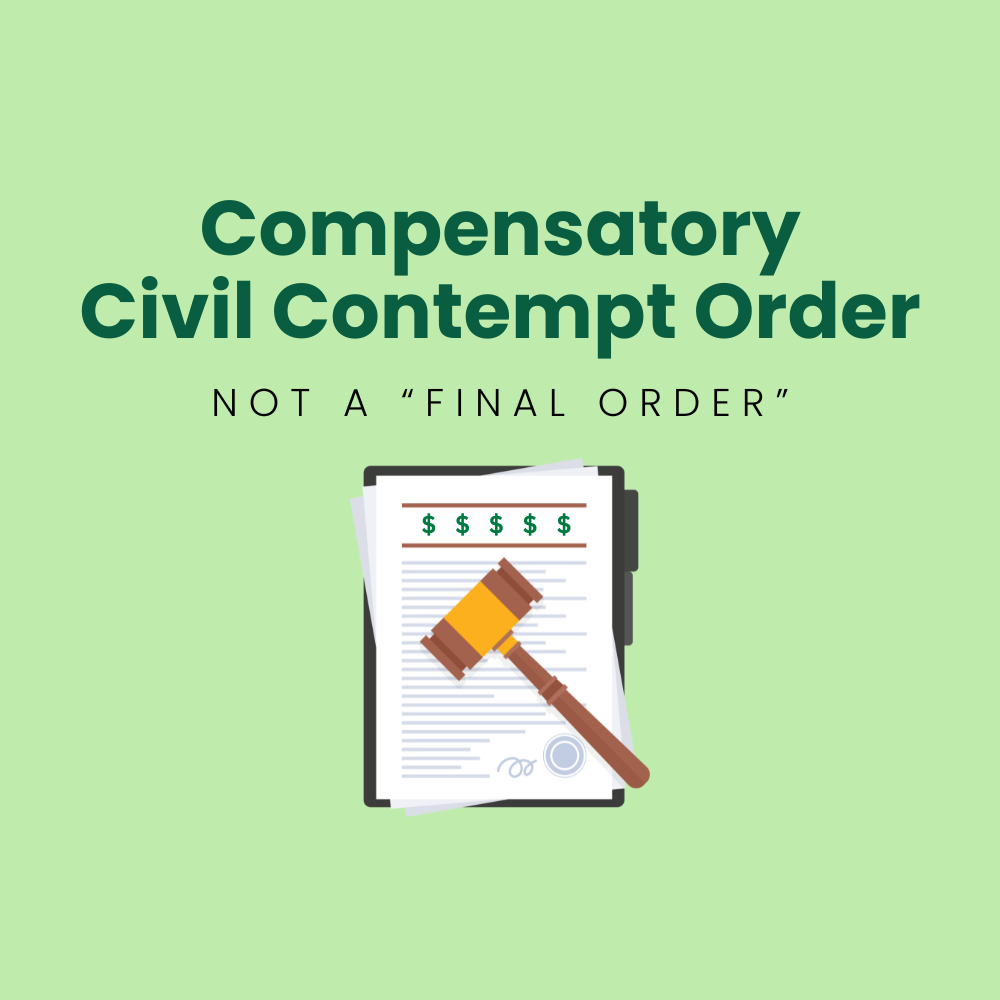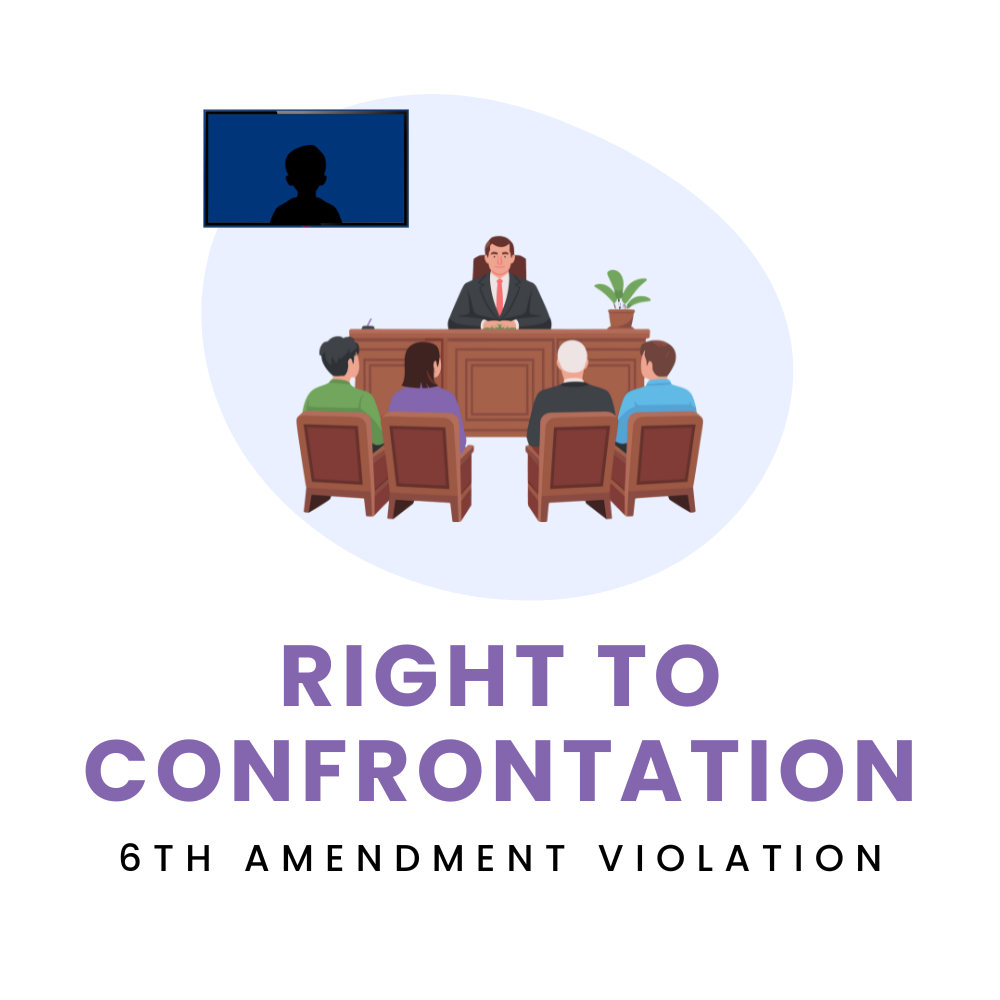Compensatory Civil Contempt Order Is Not ‘Final Order’ Appealable Of Right
An order imposing compensatory civil contempt sanctions is not a “final order” appealable of right, the Michigan Court of Appeals has ruled, addressing an “unresolved” question about the appellate court’s jurisdiction.
Court Of Appeals Holds Ski Area Safety Act Does Not Preempt Gross Negligence Claims
The Ski Area Safety Act (SASA) does not categorically preempt gross negligence claims. Further, Michigan’s public policy is violated by releases that attempt to contract against liability for gross negligence.
MSC To Hear Open Meetings Act Issue Involving City Of Royal Oak Retail Marijuana Ordinance
The Michigan Supreme Court is set to hear arguments in a case addressing whether the City of Royal Oak violated the Open Meetings Act because the city commission effectively delegated its governing authority to the city manager, who chose in closed-door meetings which applicants would be awarded retail marijuana licenses.
SCOTUS: Trial Court Must First Find ‘Screening’ Is Necessary For Child Witness
A father convicted of sexually abusing his young daughter was denied his right to confrontation under the Sixth Amendment, the U.S. Supreme Court has ruled, because the trial court did not first make a finding that “screened” testimony of the child victim, which was allowed by state law, was necessary.
Montessori School Did Not Breach Its Contract With Parents When It Expelled Their Children
The trial court properly held that the defendant-private school did not breach its contract with the plaintiff-parents when it expelled their children, the Michigan Court of Appeals has ruled.
Improper Jury Instruction Requires Tossing Conviction For Threatening Judge
A defendant’s conviction for allegedly making a terrorist threat against a probate judge must be vacated, the Michigan Court of Appeals has ruled, because the jury instruction did not properly convey the required “subjective recklessness” standard.
University Of Michigan Students Not Entitled To Prorated Refunds After COVID-19 Response
The Michigan Court of Appeals has upheld the dismissal of claims brought against the University of Michigan relating to the school’s retention of tuition, fees, and housing payments during the COVID-19 pandemic.
Mother’s ‘Too Small’ Living Arrangement Is Insufficient Reason To Terminate Her Rights
The allegation that an extended-stay motel room was “too small” for the respondent-mother to live in with her child and the child’s father was insufficient grounds for terminating her parental rights, the Michigan Court of Appeals has ruled in a published opinion.
Court Of Appeals Clarifies Privity And Res Judicata In Personal Injury Case
Defendants who have different potential liabilities lack the “substantial identity of interests” as required for a finding of privity in an analysis of whether res judicata applies to a subsequent claim.
Attorney Who Made Derogatory Comments About Judge Properly Convicted Of Criminal Contempt
The Michigan Court of Appeals has affirmed an attorney’s criminal contempt conviction for derogatory comments he made about the judge at the close of a virtual court hearing.
Court Of Appeals Clarifies Limits On Treble Damages And Proof Requirements In Conversion Case
The Court of Appeals affirmed the Trial Court’s award of treble damages as to the documented pecuniary losses, reversed the award of trebled investigatory expenses, vacated the awards for investigatory expenses and attorney fees, and remanded for further proceedings.
Appeals Court: Probate Judges Cannot Order, Enforce Sibling Visitation
The probate court in this minor guardianship proceeding did not have the legal authority to order and enforce sibling visitation, Michigan Court of Appeals has ruled, reversing the probate court’s orders to that effect.
Immunity Applies To ‘Non-Immediate’ Reporting Of Suspected Child Abuse
In this case involving the mandatory reporting of suspected child abuse, the trial court properly dismissed tort claims against a doctor and a hospital because immunity under the Child Protection Law applies even though the reporting was not “immediate,” the Michigan Court of Appeals has ruled.
Court Of Appeals Reverses Trial Court’s Grant Of Summary Disposition After Finding Loading Exception Applies
The Court of Appeals reversed the Trial Court’s grant of summary disposition because Michigan law recognizes a critical exception for loading or uploading in its definition of parking, and thus Plaintiff’s conduct fits within that exception, and because comparative negligence is a question for the jury.
Court Of Appeals Reverses Trial Court’s Guardianship Order Due To Lack Of Clear And Convincing Evidence
The Court reversed and remanded the Trial Court’s finding that GM was an incapacitated individual subject to a guardianship and conservatorship because DHHS did not prove by clear and convincing evidence that both MCL 700.5306 and MCL 700.5401 were met.
Married But Separated: Husband Not Entitled To Wrongful-Death Settlement Proceeds
The trial court in this wrongful-death case properly 1) granted the estate’s motion to approve and distribute settlement proceeds without first conducting an evidentiary hearing, and 2) excluded the husband – who was married to, but separated from, the decedent at the time of her death – from receiving any proceeds.
Insufficient Evidence Of Fraud: Auto Insurer Not Entitled To Rescind Policy
An auto insurance company could not rescind an insured’s policy ab initio (“from the beginning”) because there was not enough evidence the insured made fraudulent statements during the application process, the Michigan Court of Appeals has ruled.
Self-Represented Party’s Legal-Malpractice Lawsuit Dismissed For Being Untimely Filed
The trial court properly dismissed the plaintiff’s legal-malpractice claim against the defendants because she did not file her complaint within the applicable two-year statute of limitations, the Michigan Court of Appeals has ruled.















